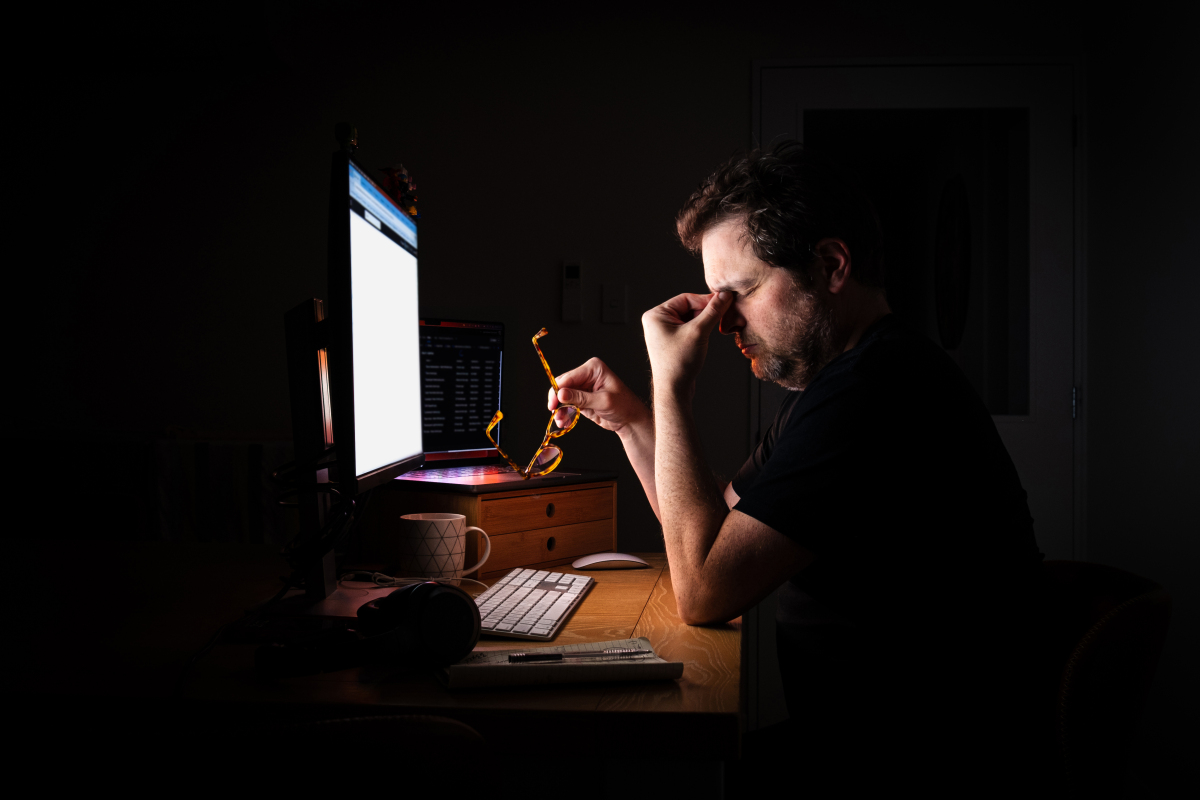
Premature ejaculation (PE) is a common sexual dysfunction affecting many men worldwide. While various factors contribute to this condition—including psychological, emotional, and physiological elements—lifestyle choices play a crucial role as well. One such lifestyle factor, frequently staying up late, can have significant implications for sexual health, specifically concerning premature ejaculation.
Understanding Premature Ejaculation
Premature ejaculation is defined as a condition where a man experiences orgasm and ejaculation with minimal sexual stimulation, often leading to distress and dissatisfaction in intimate relationships. It can stem from a variety of causes, including anxiety, stress, hormonal imbalances, and even physical health issues. However, the influence of daily habits, such as sleep patterns, is an area that warrants further exploration.
The Role of Sleep in Sexual Health
Quality sleep is essential for overall health, influencing everything from mood to cognitive function. For men, adequate sleep is particularly important for maintaining hormonal balance, which directly affects libido and sexual performance. Insufficient sleep can lead to elevated levels of cortisol (the stress hormone), decreased testosterone levels, and increased anxiety—all of which can exacerbate issues related to premature ejaculation.
Key Benefits of Good Sleep on Sexual Health
- Hormonal Balance: Quality sleep helps regulate hormones, including testosterone and estrogen, which are essential for libido and sexual function. In men, low testosterone levels due to inadequate sleep can lead to decreased libido and performance issues.
- Increased Libido: Well-rested individuals often experience enhanced sexual desire. Good sleep boosts energy levels and mood, making people more inclined to engage in sexual activities.
- Improved Performance: Adequate sleep contributes to better concentration, stamina, and overall physical performance. This enhancement can lead to more satisfying sexual encounters, as individuals feel energized and focused.
- Enhanced Mood and Emotional Connection: Sleep affects mood regulation. Poor sleep can lead to irritability and anxiety, which may negatively impact intimate relationships. Good sleep promotes emotional stability, fostering better communication and intimacy between partners.
- Stress Reduction: Quality sleep helps lower stress levels and improve resilience to stress. Reduced stress enhances relaxation and can alleviate performance anxiety during sexual encounters, leading to a more fulfilling experience.
- Physical Health: Good sleep supports overall physical health, including cardiovascular health and immune function. A healthy body can lead to improved sexual function and a lower risk of sexual dysfunction.
- Recovery and Repair: Sleep is crucial for bodily repair and recovery. During deep sleep, the body undergoes processes that restore muscles and tissues, ensuring optimal physical condition for sexual activity.
Good sleep is integral to a healthy sexual life. By promoting hormonal balance, increasing libido, enhancing mood, and reducing stress, quality sleep can significantly improve sexual performance and satisfaction for individuals and couples alike. Prioritizing sleep hygiene and addressing sleep issues can lead to a more fulfilling and vibrant sexual life.
Staying Up Late: The Consequences
- Hormonal Imbalance: Chronic sleep deprivation caused by staying up late can disrupt the body’s natural circadian rhythms. This disruption can lead to lower testosterone production, which may negatively affect sexual performance and contribute to PE.
- Increased Stress and Anxiety: Late nights often correlate with higher stress levels due to various factors, such as work pressure or social obligations. Elevated stress can heighten anxiety during sexual encounters, making it more challenging to control ejaculation.
- Reduced Cognitive Function: Sleep deprivation impairs cognitive functions, including decision-making and emotional regulation. This impairment can hinder a man’s ability to manage sexual arousal and pressure, increasing the likelihood of premature ejaculation.
- Physical Fatigue: Poor sleep leads to physical exhaustion, which can reduce sexual stamina and interest. A lack of energy can cause a rush to climax, as individuals may feel less inclined to engage in extended sexual activities.
- Impact on Relationships: The combination of hormonal imbalances, increased anxiety, and reduced sexual satisfaction can strain intimate relationships. This strain can create a feedback loop, where relationship stress further exacerbates sexual dysfunction.
Strategies for Improvement
To mitigate the impact of staying up late on premature ejaculation, consider the following strategies:
- Prioritize Sleep Hygiene: Establish a regular sleep schedule, aiming for 7-9 hours of quality sleep each night. Create a relaxing bedtime routine to signal to your body that it’s time to wind down.
- Manage Stress: Incorporate stress-reducing practices into your daily routine, such as mindfulness meditation, yoga, or deep-breathing exercises. Reducing overall stress can help improve sexual performance.
- Limit Stimulant Intake: Reduce consumption of caffeine and nicotine, especially in the hours leading up to bedtime, as these can disrupt sleep patterns.
- Seek Professional Help: If premature ejaculation persists, consider consulting a healthcare professional. Therapy, whether psychological or pharmacological, can provide effective solutions tailored to individual needs.
Conclusion
Staying up late frequently can have a detrimental impact on sexual health, particularly concerning premature ejaculation. By recognizing the connection between sleep patterns and sexual performance, individuals can take proactive steps to enhance their overall well-being. Prioritizing sleep and managing stress can significantly improve sexual function, leading to more satisfying relationships and personal fulfillment.
